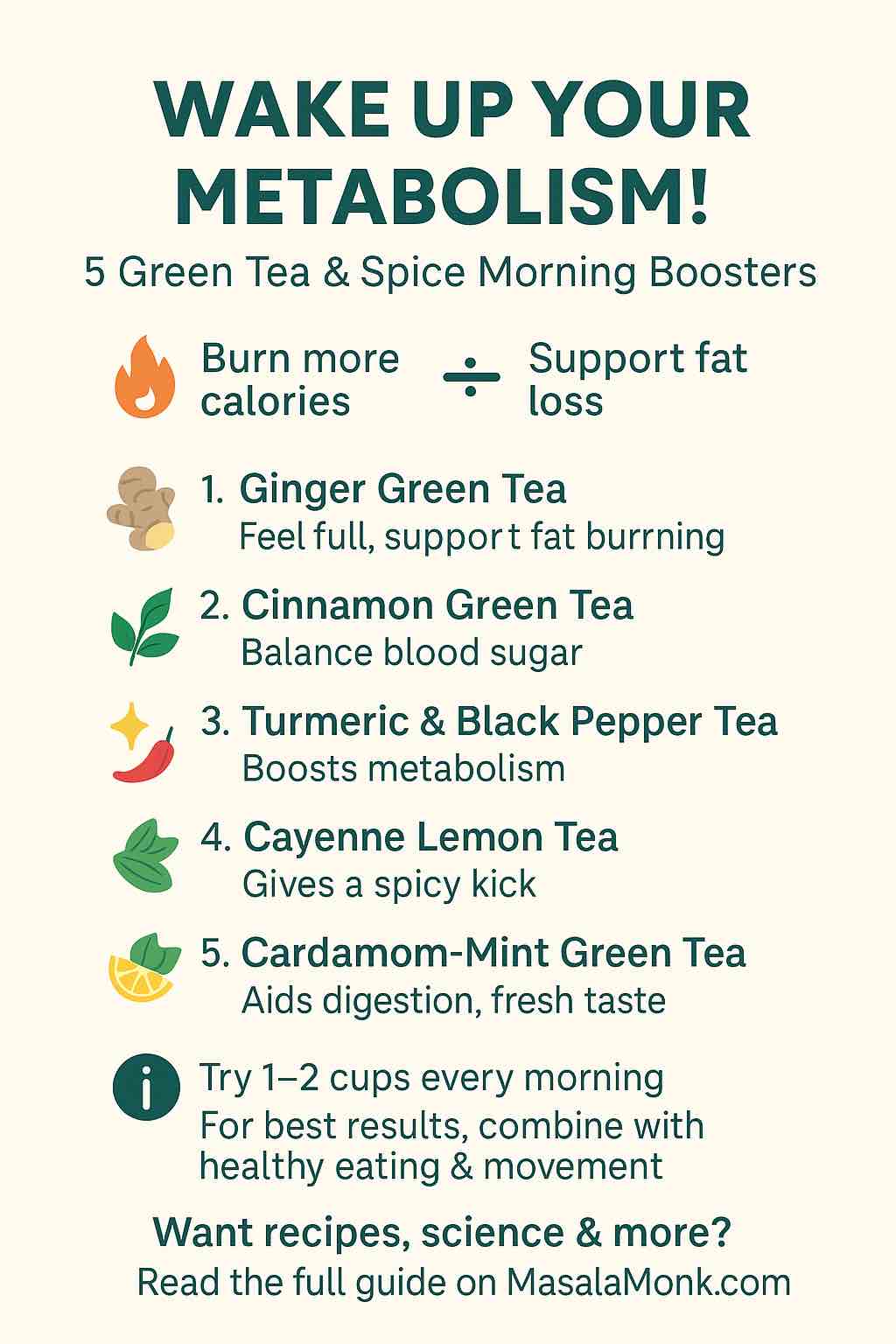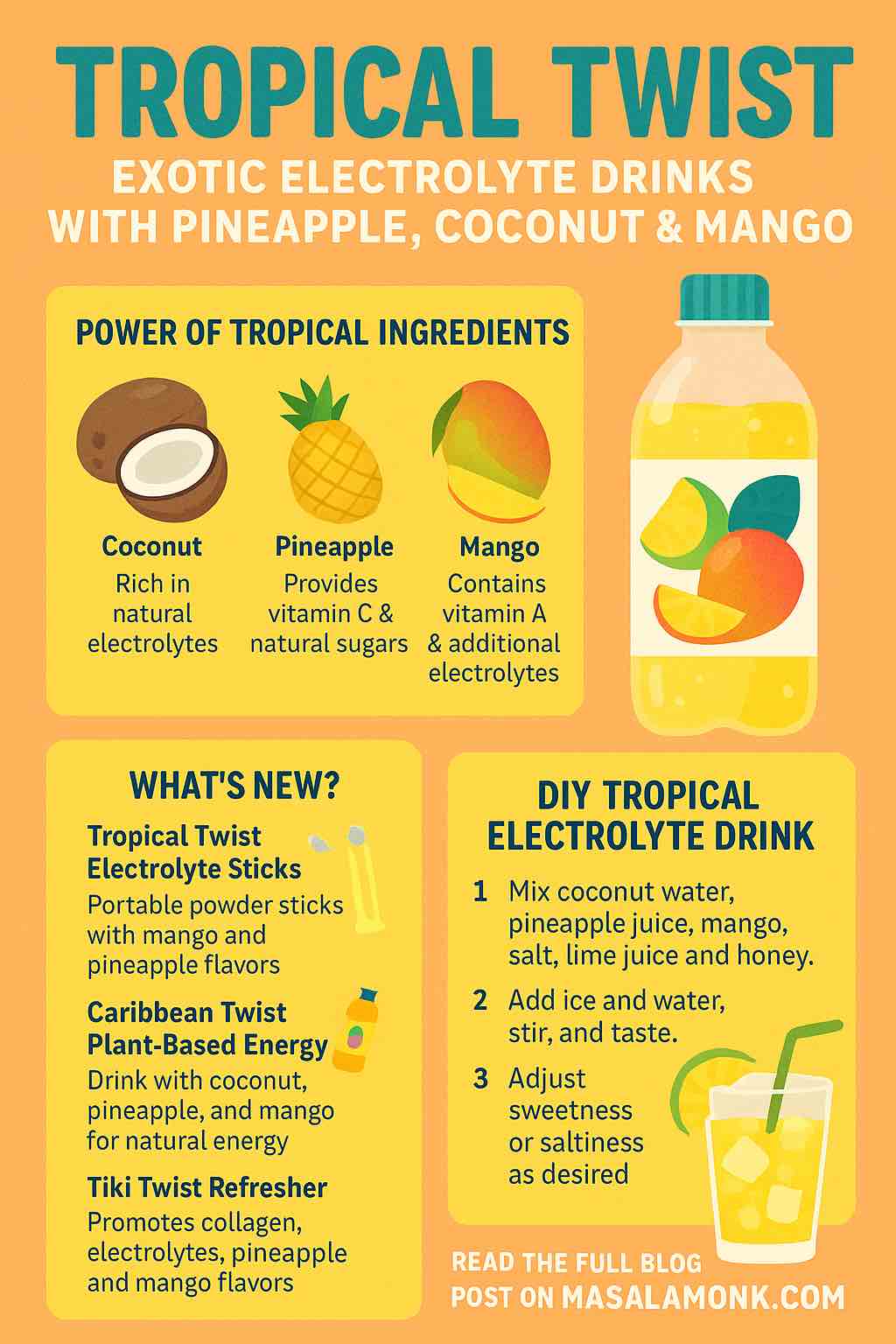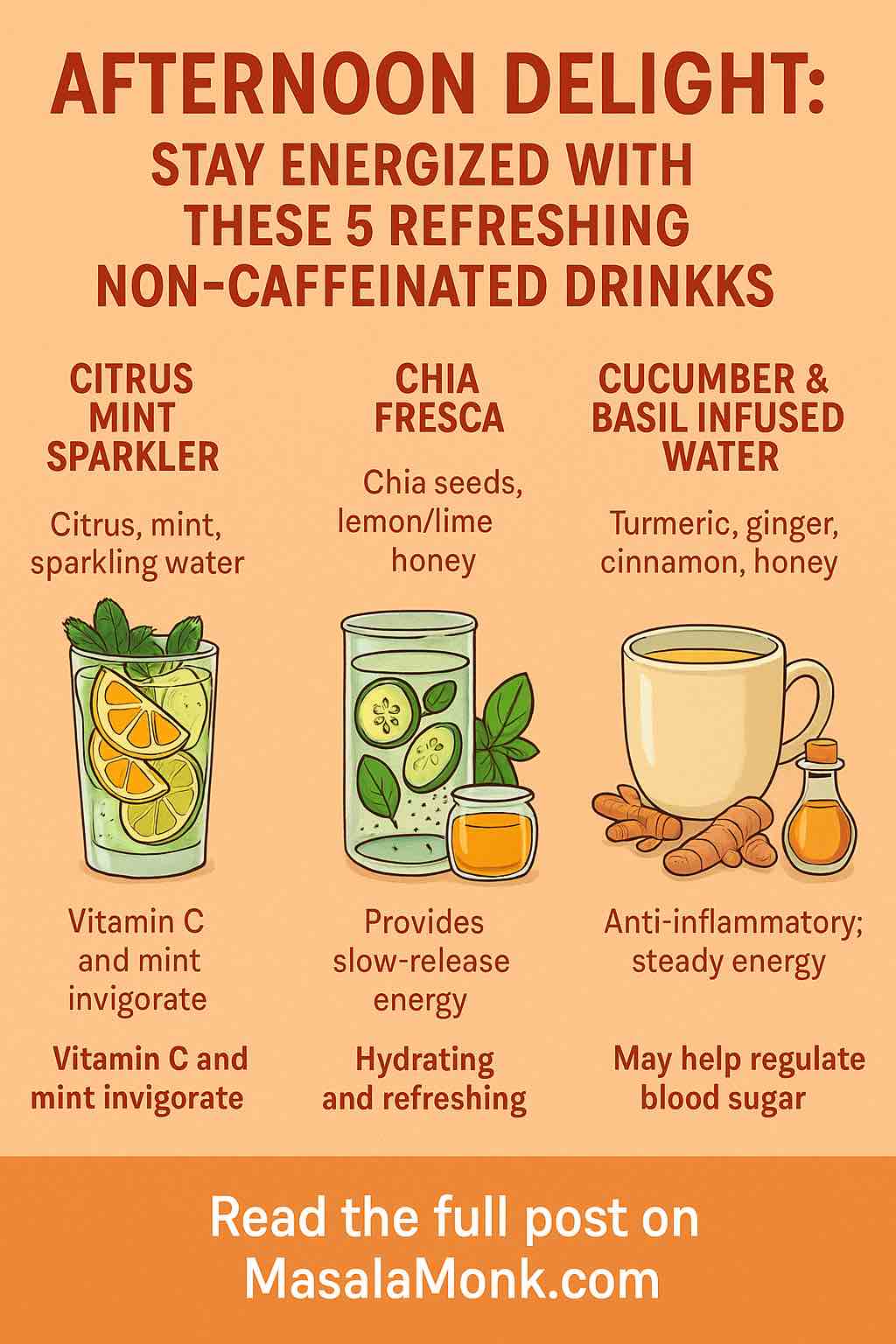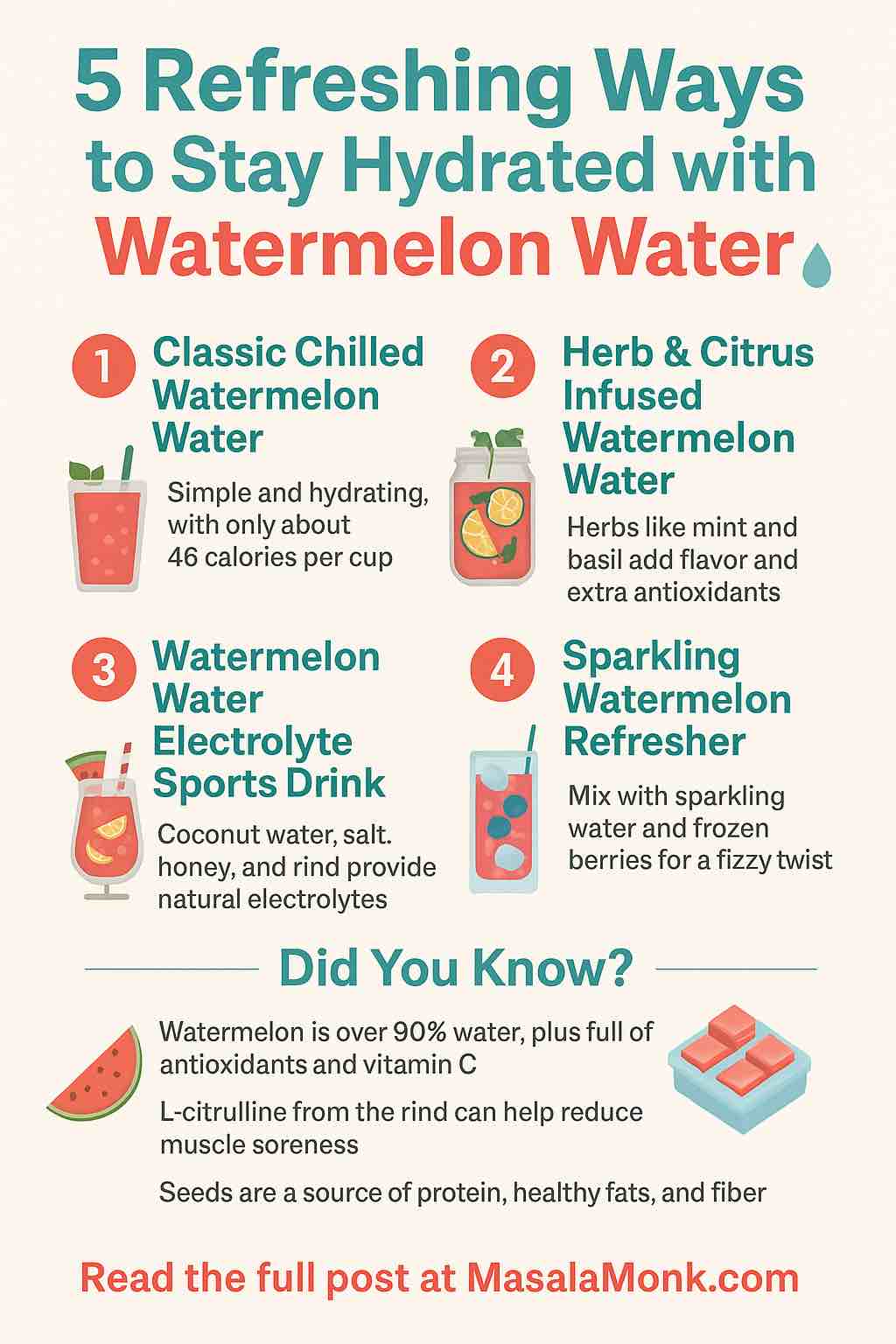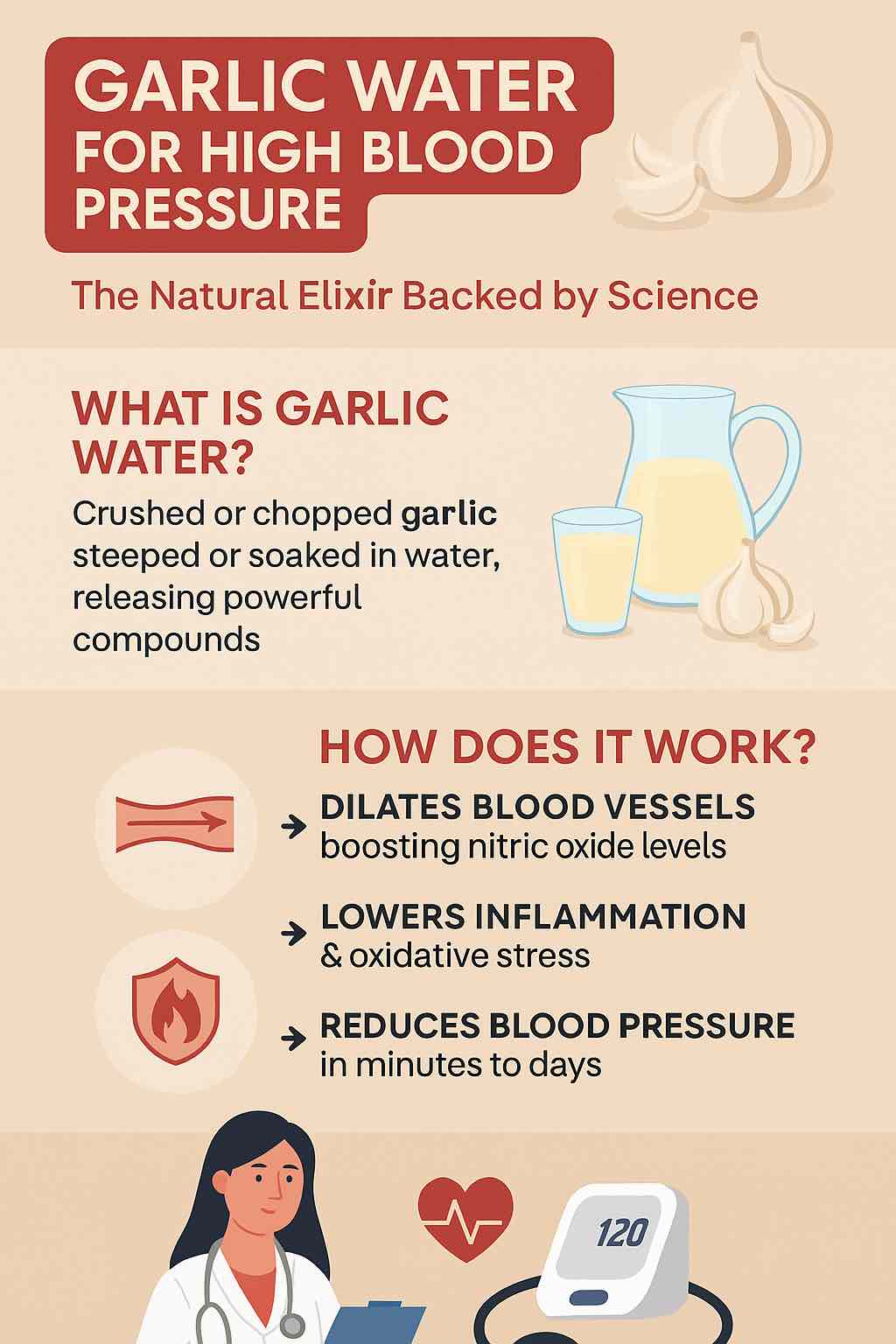
High blood pressure (hypertension) is often called the “silent killer,” quietly raising your risk for heart attacks, strokes, and kidney disease. While medication and lifestyle tweaks are essential, many people search for natural, safe, and affordable ways to support healthy blood pressure. Enter garlic water—a simple remedy that’s turning heads not just in folk medicine, but in real scientific research.
Is it just another internet fad, or is there real power in this kitchen staple? Let’s dive deep into the world of garlic water—exploring what it is, how it works, the latest clinical findings, and how you can easily prepare and use it at home.
What Is Garlic Water?
Garlic water is just what it sounds like: fresh garlic steeped or soaked in water, sometimes enhanced through fermentation. Crushing or chopping garlic releases powerful compounds that dissolve into the water, creating a potent, drinkable infusion. Unlike capsules or aged garlic supplements, garlic water is food-based, easy to make, and needs nothing more than what’s already in your kitchen.
How Does Garlic Water Work for Blood Pressure?
The secret to garlic’s power lies in its unique chemistry:
- Allicin: Formed when garlic is chopped or crushed, this compound helps relax blood vessels and improve blood flow.
- S-allyl cysteine (SAC): A water-soluble antioxidant shown to support healthy arteries.
- Nitric Oxide (NO): Garlic can help your body make more NO, a molecule that tells blood vessels to relax and widen, lowering blood pressure.
- Hydrogen Sulfide (H₂S): Garlic boosts this natural gas in your body, which also relaxes blood vessels.
Together, these compounds can help lower blood pressure by making arteries more flexible, reducing inflammation, and even mildly inhibiting the same pathway as some prescription blood pressure medications (the ACE system).
The Latest Science: What Do Studies Say?
Fast-Acting Effects—Not Just Hype
Fermented Garlic Water
A 2025 Korean pilot study gave adults with mild-to-moderate hypertension a drink made from fermented garlic extract containing nitric oxide (think: souped-up garlic water). The results were impressive:
- Blood pressure dropped significantly within 15–25 minutes after drinking.
- Measures of arterial stiffness (how “stiff” your arteries are) also improved rapidly.
- Benefits were seen with just a single drink, highlighting the immediate effects of water-based garlic infusions.
Simple Steeped Garlic Water
A 2023 study in Indonesia worked with elderly patients, giving them freshly crushed garlic cloves steeped in warm water. Here’s what happened:
- Systolic blood pressure (the top number) dropped by about 16 mm Hg.
- Diastolic blood pressure (the bottom number) fell by about 15 mm Hg.
- These changes happened over just a few days—not weeks or months.
Takeaway:
Garlic water isn’t just a slow-and-steady remedy—it can produce real, measurable blood pressure reductions quickly, sometimes within minutes to days.
How to Make Garlic Water: Two Powerful Methods
1. Classic Fresh Garlic Water
What you need:
- 2–3 fresh garlic cloves
- 1 cup (250 ml) warm (not boiling) water
Instructions:
- Peel and crush the garlic cloves. Crushing is key—it releases allicin, the active compound.
- Add the crushed garlic to the warm water.
- Let it steep for 10–15 minutes.
- Strain and drink. You can add a little honey or lemon for taste if you like.
Tip: For best effect, drink once or twice daily—ideally before meals.
2. Fermented Garlic Water (for a Nitric Oxide Boost)
What you need:
- 2–3 fresh garlic cloves
- 1 cup (250 ml) room temperature water
- A glass jar with a loose-fitting lid
Instructions:
- Chop or crush the garlic and add to the jar.
- Pour in the water, cover loosely (don’t seal airtight).
- Leave at room temperature for 24–48 hours.
- Strain and refrigerate. Drink 1/2 to 1 cup per day.
Fermenting the garlic increases its nitric oxide content, potentially giving you even quicker and more powerful blood pressure benefits. You may notice a tangy flavor—this is normal.
How Soon Will You Notice Results?
- Fermented garlic water: Some people see blood pressure and pulse changes within 15–30 minutes.
- Fresh garlic water: Many see effects within 1–3 days.
- Long-term: Daily use over weeks may support lasting improvements in blood vessel health and blood pressure control.
How to Track Your Progress
- Use a home BP monitor: Check your blood pressure before and after trying garlic water for a few days.
- Keep a simple log: Note the date, time, blood pressure reading, and any changes in how you feel (energy, headaches, etc).
- Share results with your doctor: Especially if you’re taking blood pressure medication.
Is Garlic Water Safe? What to Watch For
- Generally safe in typical food amounts.
- Possible mild side effects: Garlic odor, burping, mild stomach upset.
- Caution: Garlic can slightly thin the blood. If you’re on blood thinners, have a bleeding disorder, or are preparing for surgery, talk to your doctor first.
- Not a substitute: Garlic water should complement—not replace—prescribed medication and healthy lifestyle choices.
Real-World Tips for Success
- Consistency matters: Make it a daily ritual for the best effect.
- Don’t overdo it: More isn’t always better—2–3 cloves per day is enough.
- Pair with healthy habits: Garlic water works best alongside a low-salt, high-potassium diet, exercise, stress reduction, and good sleep.
- Enjoy the ritual: The act of preparing and sipping garlic water can be a mindful, healthy part of your daily routine.
Final Thoughts: Garlic Water as a Natural Ally
The science is clear: garlic water can be a safe, powerful, and fast-acting natural aid for lowering blood pressure. It’s not just old wives’ wisdom—modern research backs it up. Whether you prefer the classic or the fermented version, this “magic elixir” can be your easy-to-make ally in the fight against hypertension.
Just remember: always work with your healthcare provider, especially if you have medical conditions or take prescription medications. Garlic water is a fantastic sidekick, but the main hero of your heart health journey is still a balanced lifestyle and professional care.
Ready to try it?
Start with a single clove and see how your body responds. Track your results, tweak your recipe, and enjoy the benefits of this ancient yet newly rediscovered remedy—straight from your kitchen.
Have you tried garlic water for blood pressure? Share your experience or questions below!
Frequently Asked Questions (FAQs) about Garlic Water for High Blood Pressure
1. How much garlic water should I drink daily for blood pressure benefits?
Answer:
Most studies and traditional recommendations suggest drinking 1 cup (250 ml) of garlic water prepared with 2–3 crushed cloves once or twice a day. Start with a smaller amount if you’re sensitive to garlic, and monitor how you feel.
2. Can I use garlic powder or bottled garlic instead of fresh garlic?
Answer:
Fresh garlic is best! Crushing or chopping fresh cloves releases allicin and other active compounds. Garlic powder and pre-chopped garlic in oil or jars lose potency and may not provide the same health benefits.
3. How soon can I expect to see results in my blood pressure?
Answer:
Some people experience a drop in blood pressure within 15–30 minutes (especially with fermented garlic water). More commonly, noticeable effects are seen within 1–3 days of consistent use.
4. Is it safe to drink garlic water every day?
Answer:
For most healthy adults, daily use is safe and well-tolerated. Possible mild side effects include garlic odor, heartburn, or mild digestive upset. If you are on blood thinners or have a bleeding disorder, consult your doctor first.
5. Does garlic water interact with any medications?
Answer:
Yes, garlic can slightly thin the blood and may interact with anticoagulants (like warfarin), antiplatelet drugs (like aspirin), and some blood pressure medications. Always talk to your healthcare provider if you’re taking prescription meds.
6. What is the difference between fresh garlic water and fermented garlic water?
Answer:
Fresh garlic water is made by steeping crushed garlic in warm water for 10–15 minutes. Fermented garlic water involves letting chopped garlic sit in water for 24–48 hours at room temperature, which increases its nitric oxide content for potentially faster and stronger effects.
7. Can I make garlic water in advance and store it?
Answer:
Yes! Store fresh garlic water in the fridge for up to 24 hours. Fermented garlic water can be kept in the fridge for 2–3 days. Always strain before drinking and discard if it smells off.
8. Does garlic water taste bad? Any tips for making it more palatable?
Answer:
Garlic water does have a strong, pungent flavor. To improve the taste, add a squeeze of fresh lemon, a teaspoon of honey, or steep it with mint leaves. Drinking it chilled can also make it more refreshing.
9. Can I use garlic water if I have low blood pressure?
Answer:
Garlic water can further lower blood pressure, so if you already have low BP or experience dizziness, consult your doctor before using it regularly.
10. Can I stop my blood pressure medication if garlic water works for me?
Answer:
Never stop or reduce your prescribed medication without your doctor’s approval. Garlic water can be a supportive remedy but is not a replacement for medical treatment. Always coordinate changes with your healthcare provider.

